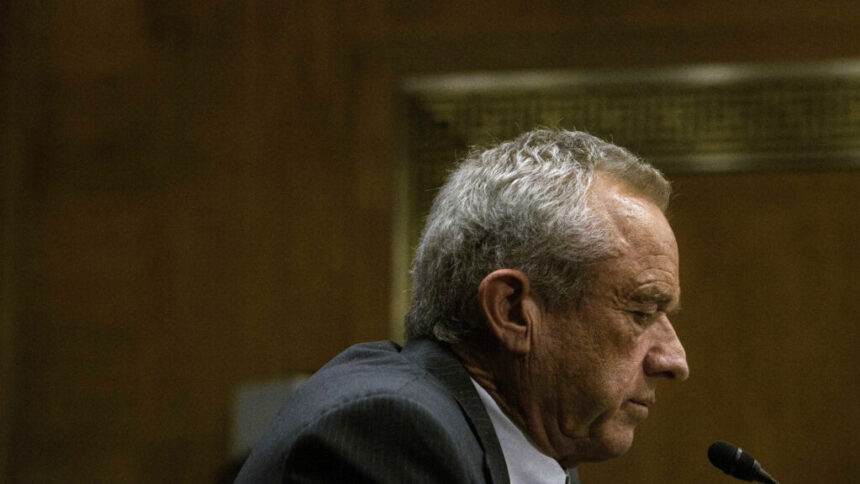However, those decisions should be based on accurate information and a thorough understanding of the risks and benefits. Despite Robert F. Kennedy Jr.’s long-held skepticism about vaccine safety, the overwhelming consensus among experts is that the measles vaccine is safe and effective.
The data clearly show that the measles vaccine does not cause deaths in healthy individuals. In fact, the vaccine has been instrumental in preventing millions of deaths globally since its introduction. Measles itself is a dangerous disease that can lead to serious complications and even death, especially in vulnerable populations.
While it is true that all medical products come with risks, the risks associated with the measles vaccine are extremely rare. The most common side effects are minor and temporary, such as fever and soreness at the injection site. Serious side effects, such as encephalitis and optic neuritis, are exceedingly rare.
Kennedy’s assertion that the vaccine causes deaths every year is likely based on reports to the Vaccine Adverse Event Reporting System (VAERS). While VAERS is an important tool for monitoring vaccine safety, it is not a definitive source of causation. Reports to VAERS are often based on anecdotal evidence and may not reflect the true risk associated with vaccines.
In conclusion, the overwhelming scientific evidence supports the safety and efficacy of the measles vaccine. It is crucial for individuals to make informed decisions about vaccination based on accurate information from reliable sources. Vaccination not only protects individuals from serious illness but also helps to prevent the spread of infectious diseases within communities. In a recent statement, Robert F. Kennedy Jr. emphasized the importance of accurate scientific information when it comes to public health matters. Kennedy highlighted the need for transparency and reliability in the dissemination of information to the public, especially during times of crisis.
Kennedy’s remarks come at a time when there is growing concern over the spread of misinformation and fake news related to health issues. With the rise of social media and online platforms, it has become increasingly easy for false information to spread rapidly and cause confusion among the general public.
It is crucial for government agencies and health organizations to provide accurate and up-to-date information to the public. This ensures that individuals are well-informed and able to make informed decisions about their health and well-being. Without accurate information, people may be misled and make choices that could potentially harm themselves and others.
While Kennedy’s statement underscores the importance of accuracy in public health messaging, it also raises questions about the role of government agencies in disseminating information. A spokesperson for the Department of Health and Human Services did not respond to requests for comment, leaving many wondering about the government’s stance on the issue.
Moving forward, it is essential for all parties involved in public health communication to prioritize accuracy and transparency. By ensuring that information is based on sound scientific evidence and is communicated clearly to the public, we can help prevent the spread of misinformation and promote a healthier, more informed society.








